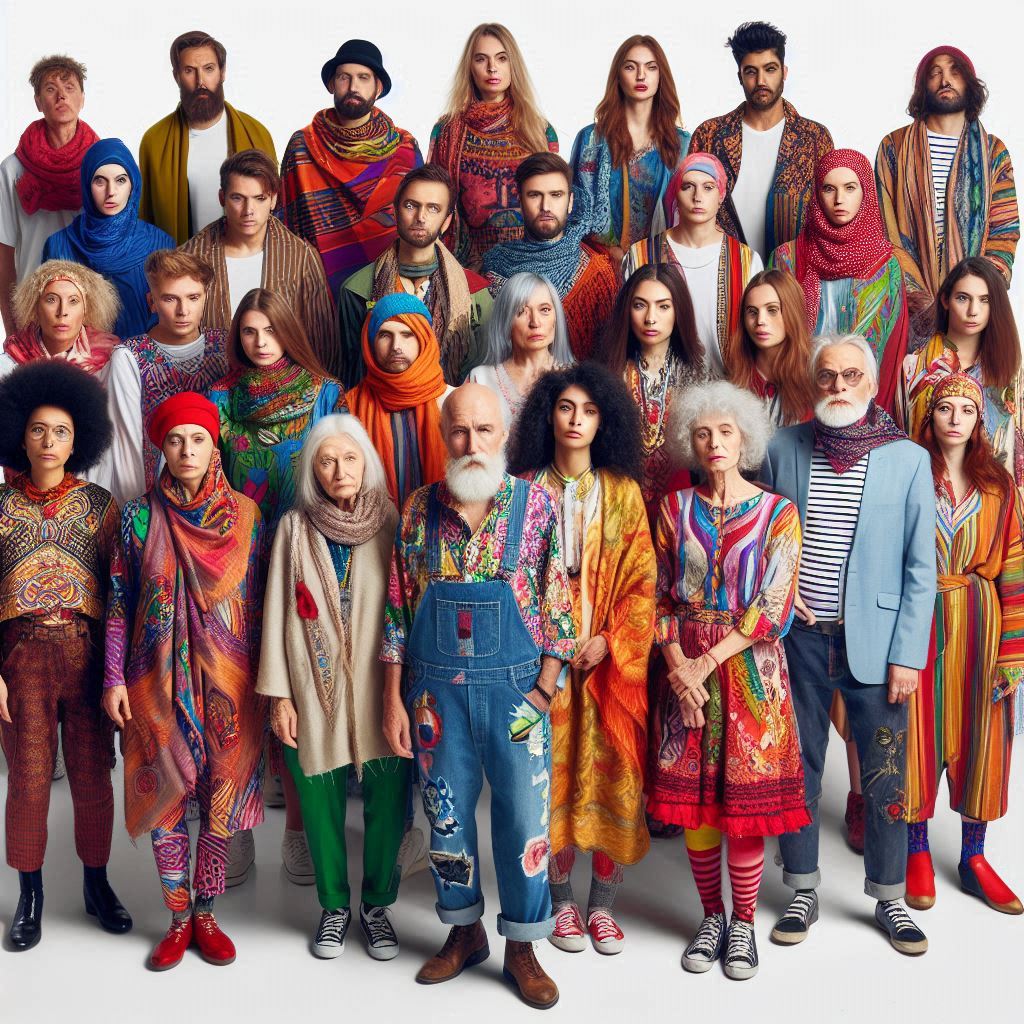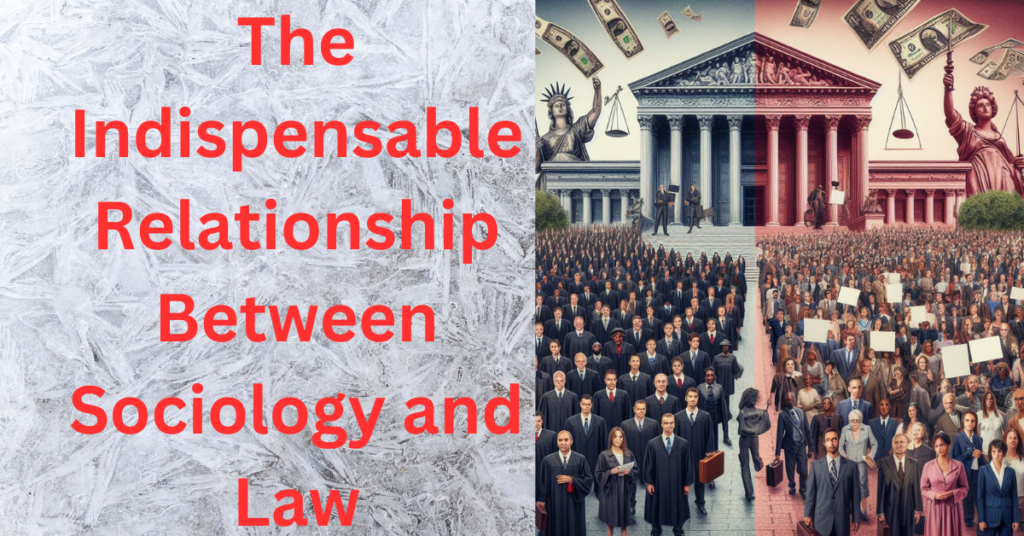Dr. Ashwani Kumar and Dr. Vikas Bhandari
“It is necessary to know what others sense, rather than just focusing on what you sense.“
In contemporary society, the ability to fulfill expectations is essential for maintaining both societal and individual relationships. Social interaction, at its core, is shaped by our ability to meet the expectations society places upon us. These expectations, often influenced by institutions such as education, law, and religion, guide behavior and dictate what is considered acceptable within a community. Successfully meeting these societal expectations plays a crucial role in gaining social approval and ensuring a sense of belonging. However, beyond these societal connections, it is equally important for individuals to cultivate relationships built on authenticity, mutual understanding, and emotional support.

While individuals often have real expectations rooted in general principles and norms, managing exceptional circumstances in human relationships requires a more thoughtful approach. To maintain healthy, resilient relationships, it becomes vital to understand when and how to adjust these expectations, especially during times of crisis or emotional fluctuation. This shift in perspective allows individuals to develop deeper, more meaningful connections by prioritizing empathy, flexibility, and emotional support in exceptional situations. Ultimately, striking a balance between societal and real expectations is key to fostering fulfilling relationships and promoting both individual well-being and community cohesion in modern society.
Societal vs Real Expectations
Social interactions can be examined through two fundamental lenses: societal expectations and real expectations. Societal expectations refer to the established norms and roles that institutions—such as education, law, and religion—create to guide behavior and shape perceptions of what is deemed acceptable within a community. Societal expectations are often closely associated with societal reality. The ability to fulfill societal expectations always helps individuals gain societal approval in terms of both acknowledgment and esteem.
Real (individual) expectations reflect what individuals genuinely desire or expect, often shaped by personal experiences, emotions, and inner values. These expectations may not always align with the practicalities of everyday life or societal norms, leading to a disconnect between one’s aspirations and reality. For example, idealized expectations about relationships, careers, or achievements may clash with external limitations or unforeseen challenges. While this misalignment can cause frustration or disappointment, real expectations also serve as powerful motivators, driving personal growth, innovation, and change. However, balancing these desires with a realistic understanding of life’s constraints is essential for maintaining emotional well-being and managing challenges effectively.
The Shift from Traditional to Modern Society
In traditional societies, the distinctions between societal and real expectations were often blurred, resulting in strong community ties and shared norms. In such environments, individuals derived their identity primarily from their communities, where familial and societal expectations played a significant role in shaping behavior and guiding personal choices. People felt a sense of belonging and support, as their lives were closely intertwined with those of their neighbors and family members.
In contrast, modern society presents a more fragmented and complex landscape. Factors such as urbanization, globalization, and rapid technological advancements have significantly diversified lifestyles, beliefs, and value systems. Philosopher Slavoj Žižek points out that this breakdown of community bonds can lead to profound individual crises, manifesting in increasing feelings of loneliness and various mental health issues. In this context, characterized by heightened individualism, personal development often unfolds outside the recognition or support of established social institutions. Consequently, this disconnection can lead to a crisis in societal expectations, which are increasingly influenced by broader societal forces rather than the cohesive community support that once existed. As individuals understand this modern reality, they may struggle to balance their real aspirations—shaped by personal desires—with the pervasive societal pressures that surround them, further complicating their emotional and psychological well-being.
The Importance of Real Expectations in Exceptional Circumstances
Understanding the shades of expectations is crucial, particularly in exceptional circumstances. While real expectations are distinct from societal ones, they are often influenced by them. In contemporary society, real recognition has gained importance alongside societal recognition. However, many individuals manage real relationships primarily based on societal norms, and many struggle to do so due to the individualistic nature of society.
In exceptional situations, it becomes necessary to suspend societal norms, values, and ethics, allowing individuals to respond in extraordinary ways. In such cases, rigid expectations based solely on general principles may no longer apply. Instead, understanding emotional fluctuations and unconscious desires is crucial for managing these unique circumstances. By accommodating exceptions such as isolation, anxiety, fear, laziness, or illness, individuals can maintain healthier, more compassionate relationships that transcend societal expectations.
In these contexts, emotional support becomes essential. Interactions should prioritize empathy, care, and tolerance. By recognizing and addressing the exceptional aspects of human behavior, we can maintain deeper connections. Individuals who seem socially engaged may actually be struggling with feelings of disconnection, highlighting the importance of understanding their circumstances. In cases where individuals lack the ability to recognize exceptional situations, their relatives may try to mask their condition out of fear of rejection. This can lead to the risk of emotional overload and eventual emotional outburst.
For instance, in a romantic relationship, real expectations often include communication styles, emotional availability, and shared interests. However, when one partner experiences an exceptional crisis—such as a mental health issue, a family emergency, or a significant life change—the other partner may need to adjust their expectations. Instead of judging their partner based on societal norms, values, ethics and societal feedback it’s crucial to offer support and understanding during these challenging times. This shift in perspective allows both partners to handle the crisis together, promoting a stronger bond. Open communication about needs and limitations becomes vital, as it helps create a safe space for both individuals to express their feelings. By prioritizing empathy and flexibility, couples can cultivate a more resilient relationship that can withstand life’s ups and downs.
The interaction between societal and real expectations significantly shapes human relationships. As we understand modern life’s complexities, recognizing the importance of both societal norms and real needs, especially in exceptional circumstances, becomes essential. By understanding these dynamics, individuals can cultivate healthier, more fulfilling connections that enhance personal well-being and community cohesion. Ultimately, acknowledging the role of expectations in exceptional situations can pave the way for deeper, more meaningful relationships in contemporary society.
The views and opinions expressed by the authors in this article are their personal opinions and do not represent the views of PureSociology. You can contact the author/s at [email protected]. The details of the authors are:
Dr. Ashwani Kumar is an Assistant Professor (Sociology) at UILS, Chandigarh University, Punjab (India).
Dr. Vikas Bhandari an Assistant Professor (Political Science) at UILS, Chandigarh University, Punjab (India).



This perspective is crucial for managing deeper relations in contemporary society.